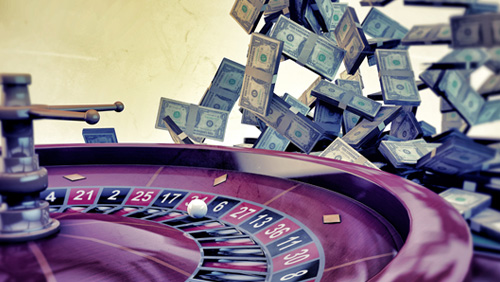New Jersey online casino operators may have had a great 2016 thanks to brisk revenue growth but 2017 will be a different story.
 Industry research firm Eilers & Krejcik painted a bleak picture for online casino operators for 2017, warning that the growth that the industry posted in 2016 will be slashed in half.
Industry research firm Eilers & Krejcik painted a bleak picture for online casino operators for 2017, warning that the growth that the industry posted in 2016 will be slashed in half.
The culprit behind the possible revenue drop for this year is due to a leveling off of internet poker play, according to Chris Grove, a senior consultant at Eilers & Krejcik, which specializes in gambling technology and interactive gambling.
“There’s not really enough players in New Jersey alone to support an online poker market,” Grove said, according to NJ.com.
Data from the state Division of Gaming Enforcement showed that online revenues surged by 32.1 percent to $196.7 million in 2016 compared to the 2015 numbers. But Grove predicted that NJ online casino revenue growth will slow to 17 percent this year and that online casino operators have to do more than just implementing innovations like “live” online dealer.
Grove pointed out that most of the 7 million adults in New Jersey who are likely to play poker online are already playing. Grove suggested that the state should forge an agreement with Delaware and Nevada – two other states that also allow online poker – as those states have already done with each other.
The problem of tying up with Delaware and Nevada, according to Grove, was the fact that both states are also struggling to fill their virtual tables with enough real players.
Online gambling operators can only hope that New York and Pennsylvania will start allowing online card games in their respective jurisdictions. If that happens, Grove says “then the story starts to look a little different.”
Tax on all gambling winnings in New Jersey supports programs for the elderly and disabled, with online gambling taxed at nearly twice the rate of winnings at physical casinos — 15 percent v. 8 percent.